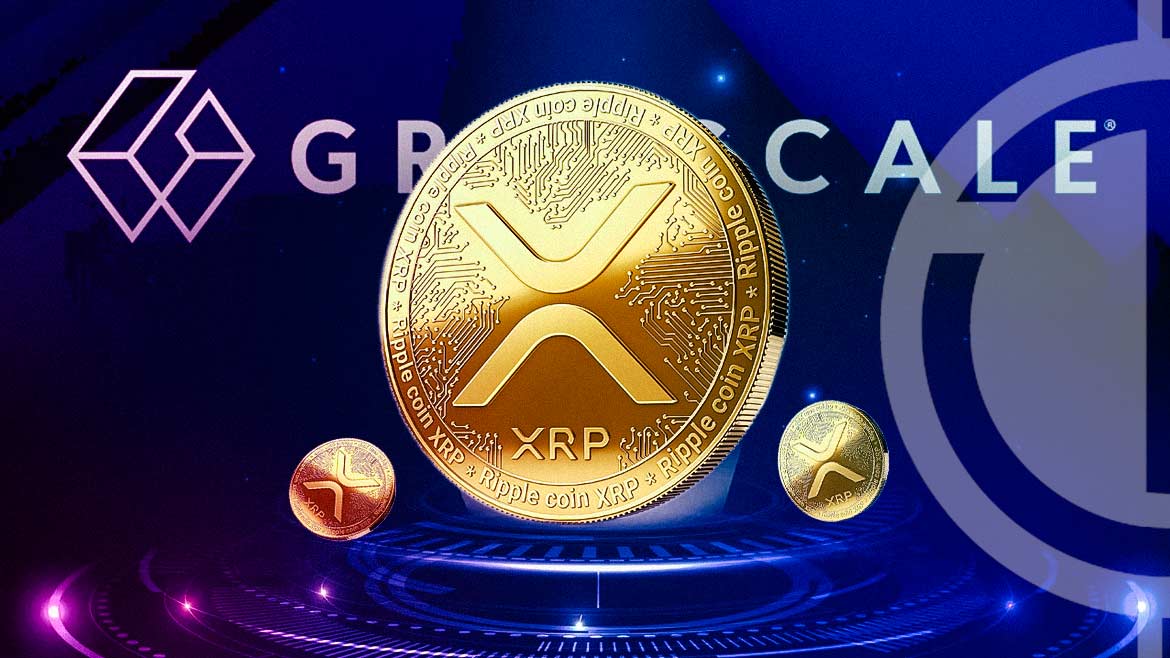
The recent overturning of the Securities and Exchange Commission’s (SEC) decision to block Grayscale Investments from launching a Bitcoin exchange-traded fund (ETF) has reignited discussions about the future of spot Bitcoin ETFs. With the court’s ruling serving as a crucial precedent, the industry is now looking ahead with renewed optimism and anticipation for broader acceptance and integration into traditional investment channels.
Tim Bevan, chief executive at cryptocurrency exchange-traded product provider ETC Group, stated that the court’s decision leaves “no doubt” that spot Bitcoin ETFs could come to market as early as the first quarter of 2024. According to Bevan, a notable projection is the outright endorsement of applications that fulfill the SEC’s criteria. This substantial observation implies that the Securities and Exchange Commission (SEC) could lean towards adopting an efficient and simplified approval procedure. This holds the potential to accelerate the introduction of Bitcoin exchange-traded funds (ETFs) into the market.
Financial giants like BlackRock, VanEck Digital Assets, WisdomTree Digital Commodity Services, and Invesco Capital Management have pending Bitcoin ETF applications with the SEC. The potential total market for these ETFs is estimated at around $150 billion, similar to the amount of assets in gold ETFs. Financial advisers overseeing $30 trillion in assets in the U.S. are also expected to play a pivotal role in the growth of Bitcoin ETFs, especially given the ongoing shift in generational wealth.
While the focus is on the future of spot Bitcoin ETFs, it’s important to acknowledge that the court’s decision carries broader implications. Ji Kim, general counsel and head of global policy for the Crypto Council for Innovation, emphasized that the court criticized the SEC for its inconsistent regulatory approach.
Per Kim, Judge Neomi Rao found the SEC’s denial of the ETF to be “arbitrary and capricious” due to the agency’s failure to clarify why it treated similar products differently. This aspect of the ruling adds significant weight to Grayscale’s legal victory and underscores the need for more consistent regulatory guidelines.
The court’s ruling has added momentum to a sector that has been grappling with regulatory enforcement actions, bankruptcies, and legal battles. However, the SEC’s ongoing legal cases against digital-asset exchanges like Coinbase and Binance Holdings emphasize that Grayscale’s case is just one facet of a complex regulatory landscape.














